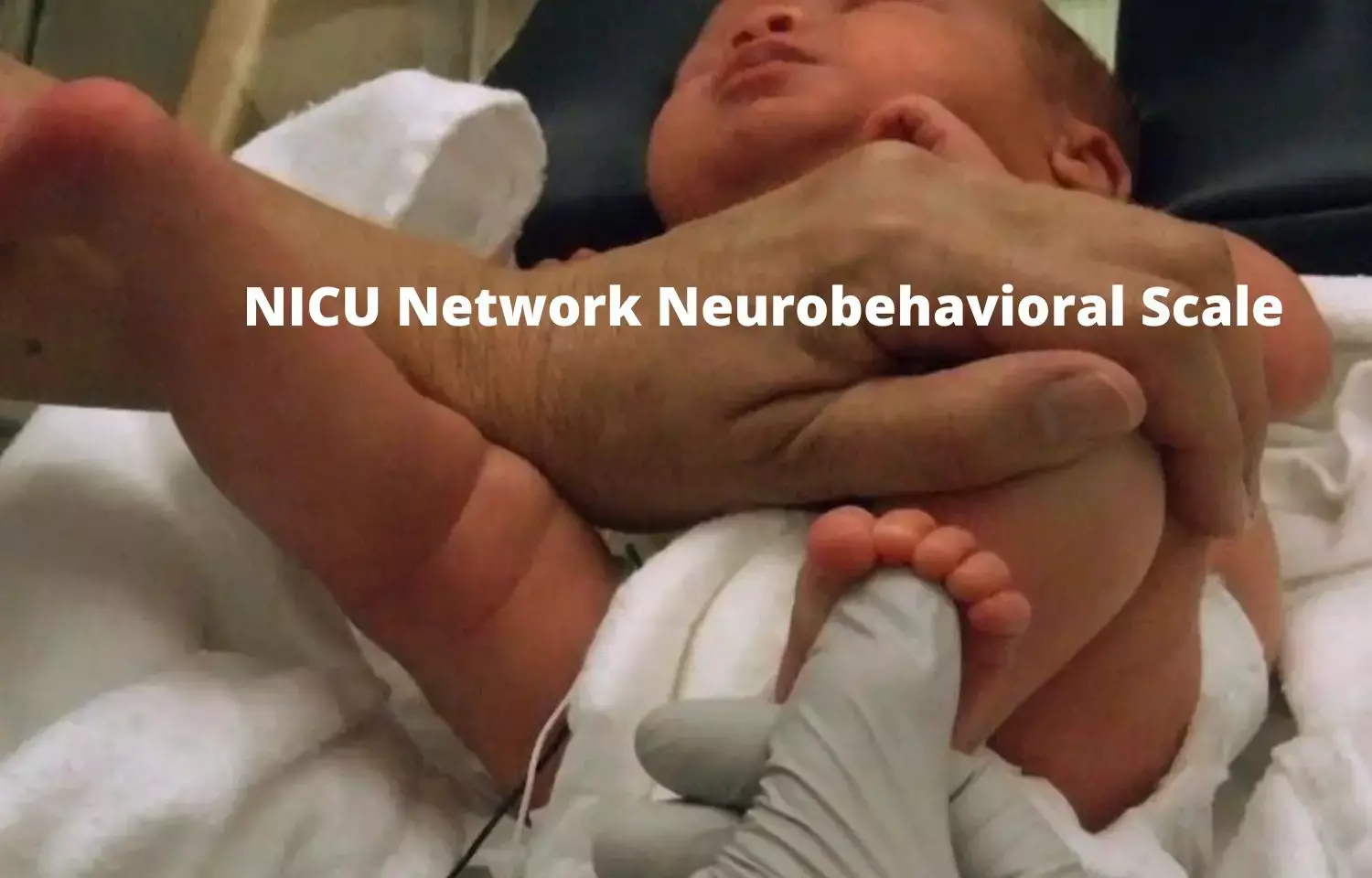- Home
- Medical news & Guidelines
- Anesthesiology
- Cardiology and CTVS
- Critical Care
- Dentistry
- Dermatology
- Diabetes and Endocrinology
- ENT
- Gastroenterology
- Medicine
- Nephrology
- Neurology
- Obstretics-Gynaecology
- Oncology
- Ophthalmology
- Orthopaedics
- Pediatrics-Neonatology
- Psychiatry
- Pulmonology
- Radiology
- Surgery
- Urology
- Laboratory Medicine
- Diet
- Nursing
- Paramedical
- Physiotherapy
- Health news
- Fact Check
- Bone Health Fact Check
- Brain Health Fact Check
- Cancer Related Fact Check
- Child Care Fact Check
- Dental and oral health fact check
- Diabetes and metabolic health fact check
- Diet and Nutrition Fact Check
- Eye and ENT Care Fact Check
- Fitness fact check
- Gut health fact check
- Heart health fact check
- Kidney health fact check
- Medical education fact check
- Men's health fact check
- Respiratory fact check
- Skin and hair care fact check
- Vaccine and Immunization fact check
- Women's health fact check
- AYUSH
- State News
- Andaman and Nicobar Islands
- Andhra Pradesh
- Arunachal Pradesh
- Assam
- Bihar
- Chandigarh
- Chattisgarh
- Dadra and Nagar Haveli
- Daman and Diu
- Delhi
- Goa
- Gujarat
- Haryana
- Himachal Pradesh
- Jammu & Kashmir
- Jharkhand
- Karnataka
- Kerala
- Ladakh
- Lakshadweep
- Madhya Pradesh
- Maharashtra
- Manipur
- Meghalaya
- Mizoram
- Nagaland
- Odisha
- Puducherry
- Punjab
- Rajasthan
- Sikkim
- Tamil Nadu
- Telangana
- Tripura
- Uttar Pradesh
- Uttrakhand
- West Bengal
- Medical Education
- Industry
Neonatal neurobehavioral patterns help in predicting cognitive and motor delays in toddlers: JAMA

USA: A new study found that among preterm Infants, high-risk neonatal neurobehavioral patterns at NICU discharge were associated with adverse cognitive, motor, and behavioural outcomes at 2 years of age. The article was published in the JAMA Network Open.
WHO estimates 15 million preterm births globally every year. Preterm infants are more vulnerable to medical complications while in the neonatal intensive care unit (NICU) which may lead to neurodevelopmental impairment. Rates of morbidities may vary, but they are associated with a spectrum of developmental outcomes, including cognitive, language, and motor. Behavior problems, reported in 13% to 46% of very preterm and low birth weight infants, are also of clinical concern, as they may affect long-term academic, home, and social functioning. Identifying poor outcomes and treatable risk factors among very preterm infants is challenging, thus improving early risk detection and intervention targets to potentially address developmental and behavioural delays are needed.
McGowan EC, Brown Alpert Medical School and Women and Infants Hospital, Rhode Island and colleagues conducted a study to determine associations between neonatal neurobehavior, neonatal medical risk, and 2-year outcomes using the Neonatal Intensive Care Unit (NICU) Network Neurobehavioral Scale (NNNS).
Investigators enrolled 679 infants born at less than 30 weeks gestation. NNNS examinations were completed the week of NICU discharge, and 6 profiles of neurobehavior were identified by latent profile analysis. The primary outcome was set as Bayley Scales of Infant and Toddler Development, third edition (Bayley-III), cognitive, language, and motor scores of less than 85 and Child Behavior Checklist (CBCL) T scores greater than 63. Two NNNS behaviour profiles were considered high behavioural risk. Infants with at least 2 medical morbidities (n = 123) were considered high medical risk.
Key findings of the study:
• Infants with high behavioural and high medical risk were 4 times more likely to have Bayley-III motor scores less than 85 compared with those with low behavioural and low medical risk.
• Infants with high behavioural and high medical risk also had an increased risk for cognitive scores less than 85.
• Only infants with high behavioural and low medical risk were in the clinical range for CBCL internalizing and total problem scores.
The authors conclude that among preterm infants with varying degrees of medical risk, neonatal neurobehavioral assessments at NICU discharge increased the detection of adverse cognitive and motor outcomes at 2 years of age. Ths study also showed that neurobehavioral patterns of poor regulation and functioning alone were associated with 2-year behaviour problems.
The present study data suggests that neurobehavioral assessments of preterm infants may help to identify those at risk of adverse outcomes beyond medical risk alone and could potentially lead to early, targeted interventions.
Reference:
McGowan EC, Hofheimer JA, O'Shea TM, et al. Analysis of Neonatal Neurobehavior and Developmental Outcomes Among Preterm Infants. JAMA Netw Open. 2022;5(7):e2222249. doi:10.1001/jamanetworkopen.2022.22249
BDS
Dr. Hiral patel (BDS) has completed BDS from Gujarat University, Baroda. She has worked in private dental steup for 8years and is currently a consulting general dentist in mumbai. She has recently completed her advanced PG diploma in clinical research and pharmacovigilance. She is passionate about writing and loves to read, analyses and write informative medical content for readers. She can be contacted at editorial@medicaldialogues.in.
Dr Kamal Kant Kohli-MBBS, DTCD- a chest specialist with more than 30 years of practice and a flair for writing clinical articles, Dr Kamal Kant Kohli joined Medical Dialogues as a Chief Editor of Medical News. Besides writing articles, as an editor, he proofreads and verifies all the medical content published on Medical Dialogues including those coming from journals, studies,medical conferences,guidelines etc. Email: drkohli@medicaldialogues.in. Contact no. 011-43720751


